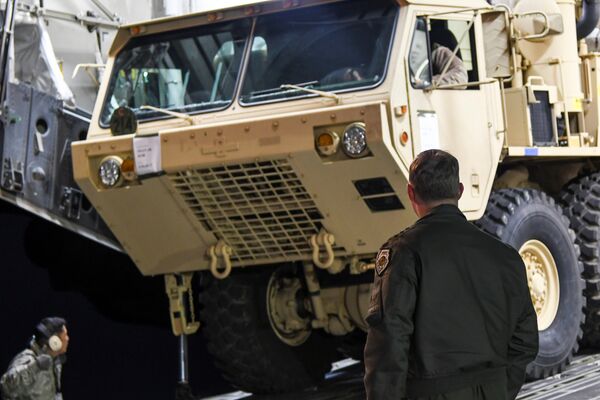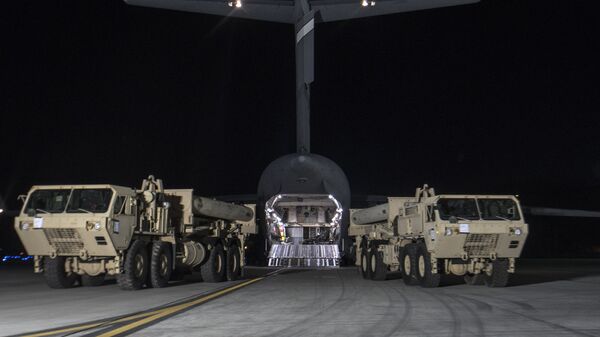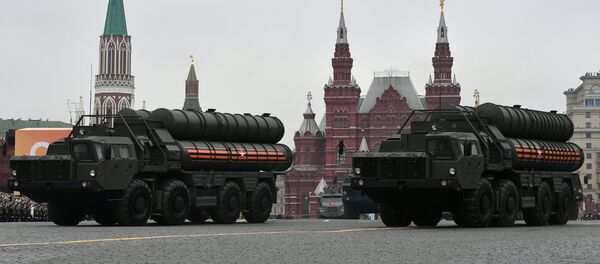What is the significance of the visit? What are the stumbling blocks in China-South Korea relations and how to get rid of them? Global Times reporter Yu Jincui talked to two scholars.
Cheng Xiaohe, associate professor with the School of International Studies, Renmin University of China; a senior researcher with the Pangoal Institute:
China-South Korea relations are in a transitional period. The ice is melting between the two countries but spring has not yet arrived. The toughest time for bilateral relations has passed, but some problems caused by the deployment of the THAAD system in South Korea remain.
An urgent task for the two countries is to solve the problems left over by the THAAD deployment while at the same time preventing bilateral ties from being affected by new issues. For instance, US Defense Secretary Mark Esper said the US wants to deploy an intermediate range conventional missile in Asia after the US withdrew from the Intermediate Range Nuclear Forces (INF) treaty. There were reports that South Korea has been singled out as a place for the deployment.
Whether South Korea hosts the US intermediate-range missile is a potential challenge for China-South Korea relations. Rounds of negotiations between the US and South Korea on sharing the cost of maintaining US troops on the Korean Peninsula have ended without an agreement. The US has piled pressure on South Korea, if the latter doesn't compromise over the cost-sharing issue, it might make concessions over other issues such as allowing the US to deploy the intermediate-range missile on its soil.

But as South Korea has already suffered a lot because of the deployment of THAAD, it would deal with the intermediate-range missile deployment issue very prudently. In the foreseeable future, I believe the chance that it allows the US missile deployment is very slim. One important reason is that once it agrees, it is going to completely ruin China-South Korea relations and have unbearable consequences for Seoul.
Li Jiacheng, research fellow at the Research Center for the Economies and Politics of Transitional Countries, Liaoning University:
Wang's visit indicates that China-South Korea relations are recovering. It sends out a signal that bilateral ties are going back on track and will continue to move forward. South Korea expects President Xi Jinping to visit Seoul next year and hopes bilateral relations battered by the THAAD row could become normal after Xi's visit. Therefore, whether the two countries could pave the way for Xi's visit would be on the agenda of Wang's two-day trip.
It's unlikely that Seoul would agree to Washington's deployment of intermediate-range conventional missiles on its soil. Compared to THAAD, such missiles are offensive weapons, which will cause greater harm to China's strategic security. There is no doubt that China would take stronger countermeasures once South Korea allows the US to deploy the missiles. This is not what South Korea wants to see. Seoul is unwilling to upset the thaw in China-South Korea relations.
Wang's visit comes amid a simmering row between Japan and South Korea. Japan-South Korea conflicts are still controllable as Seoul has reversed its decision not to renew the General Security of Military Information Agreement (GSOMIA), but further follow up is needed to alleviate tensions. The China-Japan-South Korea trilateral summit is to be held in China this month. China could play a mediating role between South Korea and Japan so as to prevent bilateral conflicts jeopardizing trilateral cooperation.
Besides, December is a critical month. In April, it was reported by North Korean media that North Korean leader Kim Jong-un said in a speech he would wait until the end of this year for the US to change its approach to denuclearization talks. It's possible Kim would take adventurous steps after the year-end limit, bringing new uncertainties to the Korean Peninsula issue. It's particularly important for China and South Korea to conduct strategic communications at this juncture to try to keep North Korea willing to talk to the US.
This artcile was first published in the Global Times


